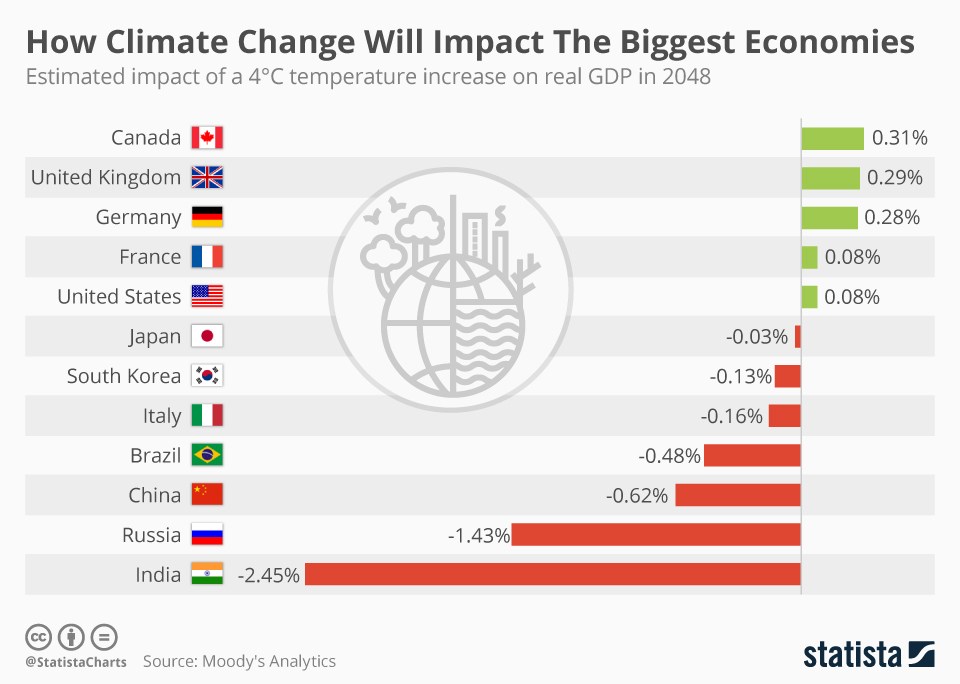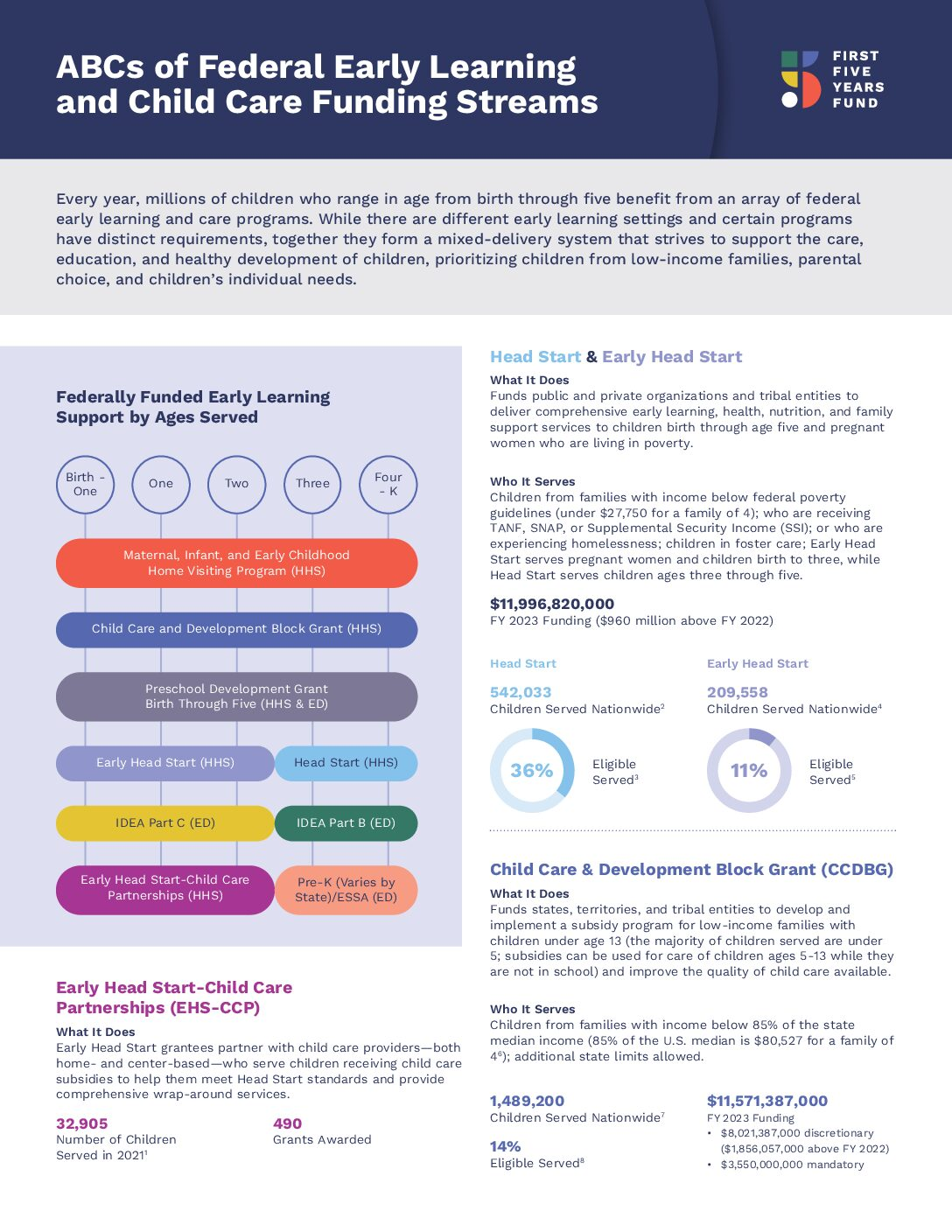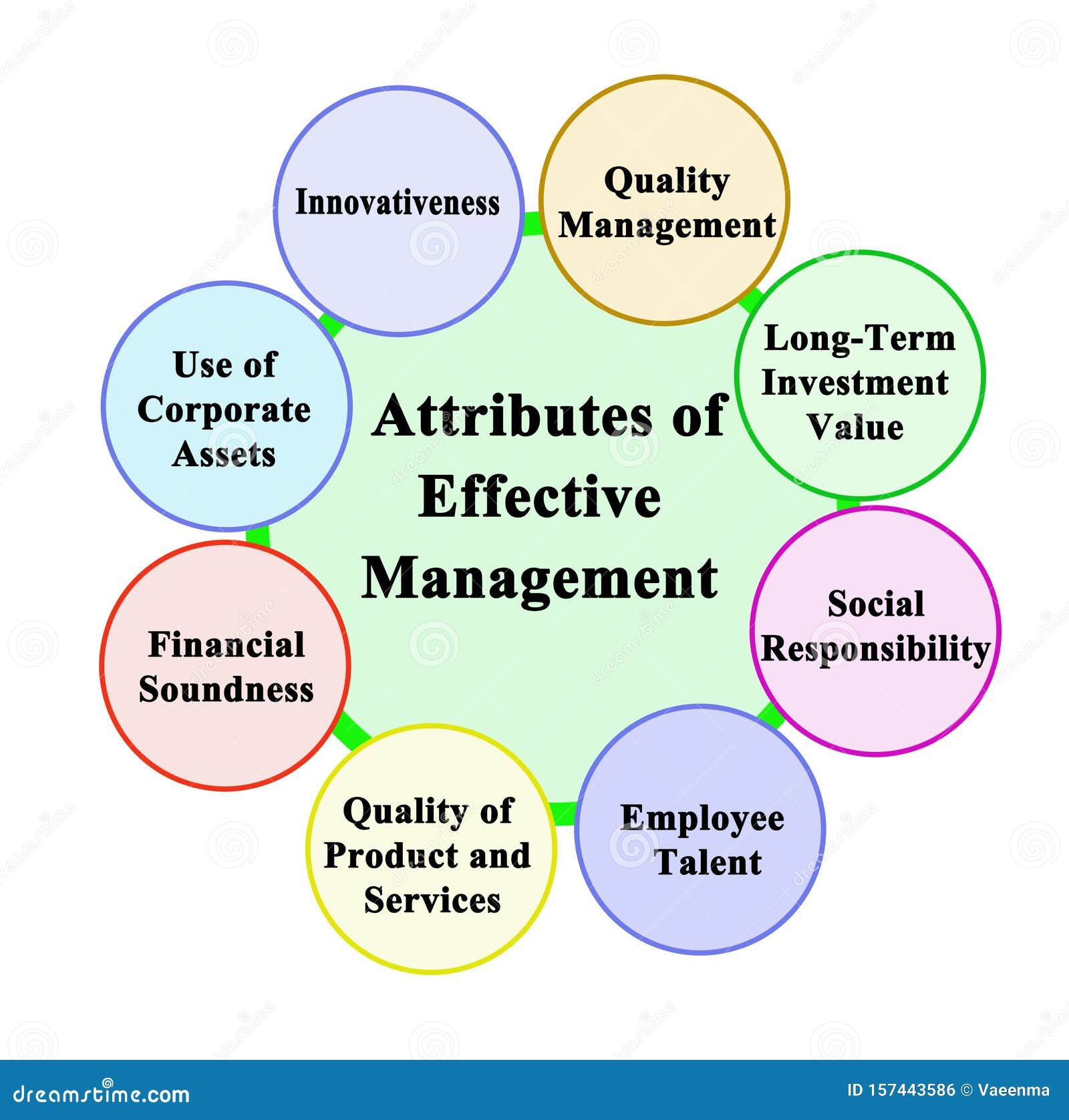
Economic Impact of Climate Change: New Study Reveals Costs
The economic impact of climate change is becoming increasingly evident as recent studies reveal projections that indicate a staggering rise in climate change costs, potentially six times more than previous estimates. As global temperatures continue to escalate, the economic toll of climate change threatens to disrupt productivity and drive significant reductions in global GDP. This alarming trend poses questions about our preparedness and response to the dire consequences of global warming’s economic impact. Economists warn that with each additional degree of warming, we face an alarming potential loss of 12 percent in global economic output. Understanding these figures is crucial as nations consider the implementation of robust decarbonization policies to mitigate adverse effects and sustain economic growth into the future.
The financial implications brought about by changes in climate are profound, necessitating a closer examination of how shifts in temperature and extreme weather conditions influence economic stability. Scholars are at the forefront of unraveling the web of economic setbacks that can arise from rising global temperatures, which include potential GDP losses and increased climate-related expenditures. As world economies grapple with the pressing threat of climate-related challenges, exploring alternative strategies, such as sustainable energy initiatives and climate adaptation practices, becomes imperative. These initiatives represent not just a response to the immediate challenges but also a proactive approach toward future-proofing economies against the looming climate crisis. As such, the dialogue surrounding climate change economics transcends mere analysis, urging policymakers to embrace innovative solutions that align with environmental sustainability and economic resilience.
The Economic Impact of Climate Change on Global GDP
Recent research shows that the economic impact of climate change on global GDP could be far more severe than previously thought. According to a new study, a 1°C increase in global temperatures is expected to result in a staggering 12 percent reduction in global GDP. This forecast raises concerns that traditional economic models have significantly underestimated the scale of the crisis. While macroeconomics has often painted a somewhat optimistic picture, dealing with GDP loss due to climate change, the reality is alarming. If temperatures rise by an additional 2°C by 2100, the resulting economic ramifications could lead to a devastating 50 percent decline in output and consumption, eclipsing even the Great Depression in severity.
These findings suggest a profound need for policy shifts towards climate action. As unemployment rises and businesses struggle to operate under extreme weather conditions, it’s clear that the costs associated with climate change extend beyond the environmental realm, affecting all facets of the economy. Understanding the economic toll of climate change is crucial for governments and organizations worldwide as they develop adaptive strategies to mitigate damage and prepare for an unpredictable future.
This new model for assessing climate change impacts takes into account a range of variables, underscoring the intricate relationship between climate and economy. It is essential that policymakers understand that failing to address these concerns may lead to a compounded economic crisis that affects billions. The analysis contrasts significantly with earlier, more conservative estimates that perpetuated the narrative that economic growth would remain intact regardless of climate challenges. As global temperatures continue to rise, the negative implications for GDP become more evident, and the urgency for effective decarbonization policies is reinforced.
The Rising Costs of Climate Change: A Call to Action
The costs associated with climate change are escalating, and it is imperative for societies to effectively address the economic consequences of global warming. The latest calculations indicate that the social cost of carbon is substantially higher than previously determined figures, emphasizing the necessity for urgent regulatory actions. The $1,056 per ton estimate derived from this new research starkly contrasts with lower estimates, highlighting that the price of inaction is far greater than investing in decarbonization policy initiatives. Failure to recognize the full economic impact risks jeopardizing future generations, leaving them with an irreversible burden.
As we move forward, the implications for the economy must inform all levels of decision-making, particularly regarding climate legislation and infrastructure investment. With innovations in green technology and funding for renewable energy sources, we have opportunities to offset the potential downsides and foster sustainable economic growth. Addressing the climate change costs in financial terms highlights the importance of integrating ecological sustainability into economic frameworks to safeguard our collective future.
Decarbonization Policy: A Necessary Response
Given the overwhelming evidence of climate change’s economic impact, the development of effective decarbonization policies has never been more critical. The current analysis indicates that large economies like the U.S. could significantly benefit from such policies, as the projected social cost of carbon proves that moving toward a low-carbon future is both economically feasible and morally responsible. These decarbonization efforts will not only mitigate the immediate impacts of climate change on GDP but also promote long-term economic resiliency.
Engaging in carbon reduction strategies could provide added advantages, such as job creation in the renewable energy sector and decreased public health costs associated with pollution. By carefully crafting policies that consider both economic growth and environmental sustainability, we can create a robust framework that encourages innovation and attracts investment. Thus, decarbonization efforts should be viewed not merely as a cost but as an investment in a sustainable economic future.
Understanding Climate Change Costs in Economic Forecasting
One of the primary challenges in estimating climate change costs lies in effectively integrating these factors into economic forecasting models. Traditional methods have often overlooked significant variables related to temperature variations and extreme weather events, leading to underestimations of potential future impacts. This failure has critical implications for understanding the economic toll of climate change and necessitates a re-evaluation of how these costs are modeled and predicted in the context of macroeconomics.
As economists work to refine these models, harnessing historical weather data alongside contemporary economic indicators can create more accurate forecasts that inform public policy. These sophisticated models can analyze the compounded effects of climate change on productivity and spending, emphasizing the need for a more nuanced approach in assessing the relationship between climate scenarios and economic health.
Moreover, by including an array of factors such as regional climate impacts, technological advancements, and behavioral shifts in businesses and consumers, future economic projections can strike a better balance between growth and sustainability. This holistic approach will allow for a deeper understanding of how climate change costs affect the overall economy and will encourage the development of targeted interventions needed to address both immediate and long-term challenges.
Mitigating Climate Change Effects: Economic Strategies
To effectively mitigate the economic effects of climate change, countries must implement comprehensive strategies that encompass diverse sectors of the economy. Investing in renewable energy and sustainable practices can help shift economic dependencies away from fossil fuels and reduce carbon emissions. Additionally, promoting energy efficiency initiatives can lower operational costs for businesses while contributing to a cleaner environment. Governments are also called to create incentives that encourage enterprises to invest in greener practices, thereby fostering an economic landscape that prioritizes sustainability.
Furthermore, integrating climate risk assessments into financial planning will become essential for businesses as global warming escalates. The economic implications of climate change necessitate a collective understanding that risks can lead to losses and instability. Therefore, proactive measures are needed, such as developing financial products that recognize climate risks and allow for adaptive investments. By implementing these strategies, stakeholders can work towards creating resilient economies capable of withstanding the uncertainties posed by a changing climate.
The Disconnect Between Economics and Climate Science
Historically, there has been a notable disconnect between climate science and economic modeling regarding the projected impacts of climate change. While climate scientists emphasize the catastrophic consequences of rising global temperatures, many economic forecasts have remained conservative, suggesting only moderate reductions in productivity. However, this new research challenges that narrative and highlights the sobering reality of climate change’s implications for economic stability. The findings indicate that waiting to address climate change until its impacts are undeniable will not only lead to greater economic losses but also intensify the social repercussions.
This divide between the two fields illustrates the need for interdisciplinary collaboration to bridge the gap between climate predictions and economic forecasts. By integrating scientific data into economic models, potentially through enhanced communication strategies and educational initiatives, we can create more robust policies that effectively address both climate and economic challenges. The urgency of uniting these disciplines is clear if societies are to foster holistic and effective solutions in the face of climate change.
Global Warming and Economic Growth: A Fragile Balance
The relationship between global warming and economic growth is a delicate balance that demands attention. On one hand, economies have shown relentless growth despite climate challenges. However, as climate damage increases, the sustainability of such growth comes into question. Future economic output is likely to be compromised significantly unless concrete steps are taken to reduce emissions and curb climate change effects. The recent projections that forecast a 12 percent reduction in GDP with each 1°C rise in temperature illustrate the pressing need for urgent action.
To maintain a path towards growth in the face of climate change, it becomes crucial to adopt adaptive strategies that promote resilience against climate risks. This involves shifting to low-carbon technologies and encouraging sustainable business practices, ultimately leading to economic models that account for environmental impact. In doing so, the economy can thrive and mitigate the adverse effects of climate change, ensuring that growth is sustainable rather than short-lived.
The Role of Policy in Economic Recovery from Climate Change
Policy initiatives play a pivotal role in shaping the economic landscape as communities adapt to the realities of climate change. Effective policies can enhance resilience by mitigating climate-related risks, encouraging investment in green technologies, and facilitating a transition to sustainable practices. The findings from recent studies advocate for a reallocation of resources towards decarbonization, underlining that investments now will yield benefits in future years by avoiding more significant economic fallout later.
Incorporating climate considerations into economic recovery plans can create pathways that not only address short-term challenges but also result in long-term benefits for society as a whole. Policymakers are tasked with the crucial responsibility of crafting legislation that promotes a resilient economy, one that can withstand and adapt to the shifts caused by climate change. As these decisions unfold, the resulting frameworks will define how effectively societies can balance economic growth with environmental stewardship for years to come.
Lessons from the Past: Historical Perspectives on Climate Economics
The consequences of climate change are not unprecedented; history provides valuable lessons on the economic impacts of extreme weather events and environmental deterioration. Past occurrences of economic downtimes due to climate-related factors underscore the need for proactive measures in contemporary societies. Learning from historical projections can inform current policy frameworks and allow for better contingency planning when faced with the climate crisis.
Through analyzing previous responses to climate-induced challenges, we can glean insights into effective strategies that can be applied today. By prioritizing sustainability and recognizing the significance of environmental health in economic stability, modern economies can develop a more resilient framework. As we move forward in addressing the economic implications of climate change, these historical lessons are vital in ensuring that future generations inherit a planet that prioritizes both economic and ecological prosperity.
Frequently Asked Questions
What are the economic costs associated with climate change?
The economic costs of climate change, often referred to as ‘climate change costs’, include significant reductions in productivity, GDP loss, and increased spending on disaster recovery efforts. A recent study indicates that every 1°C rise in global temperatures could lead to a 12% reduction in global GDP, highlighting the profound economic toll of climate change.
How does global warming impact economic growth?
Global warming, a key factor in the economic impact of climate change, disrupts economic growth by increasing extreme weather events, which can reduce productivity and damage infrastructure. Projections show that if global temperatures rise by an additional 2°C by 2100, it could decrease output and consumption by up to 50%, severely hindering economic advancement.
What is the projected GDP loss due to climate change?
Recent analyses estimate that the GDP loss due to climate change could be staggering, with projections indicating a loss of 12% in global GDP for every 1°C increase in temperature. This highlights the urgent need for effective climate policies to mitigate these economic impacts.
What is the link between decarbonization policies and the economic impact of climate change?
Decarbonization policies are crucial for addressing the economic impact of climate change. These policies can help reduce greenhouse gas emissions, thus limiting global warming and its associated economic costs. Studies show that implementing decarbonization measures is economically beneficial, yielding a higher cost-benefit return for large economies like the U.S. and the EU.
How can we calculate the social cost of carbon in relation to climate change costs?
The social cost of carbon quantifies the economic damages associated with an increase in carbon emissions, effectively serving as an indicator of climate change costs. Recent research has calculated a global social cost of carbon at about $1,056 per ton, significantly higher than prior estimates, emphasizing the importance of accounting for the economic toll of climate change when formulating policies.
What are the long-term economic ramifications of failing to address climate change?
Failing to address climate change can lead to dire long-term economic ramifications. Projections suggest that without adequate intervention, the economic toll could emulate conditions twice as severe as the Great Depression, drastically affecting GDP and overall economic health worldwide.
Why is it important to understand the economic toll of climate change?
Understanding the economic toll of climate change is critical because it drives home the importance of immediate action in developing effective policies. By quantifying climate change costs, we can better inform decision-makers and justify the need for investments in resilient infrastructure and decarbonization strategies.
| Key Points | Details |
|---|---|
| Economic Toll of Climate Change | Recent studies project economic impacts of climate change to be six times more severe than previous estimates. |
| GDP Reduction Projections | Every 1°C rise in global temperatures is linked to a 12% reduction in global GDP. |
| Impact of Extreme Weather | Increased global temperatures correlate with more heatwaves, wind, and precipitation, significantly affecting productivity. |
| Projected Economic Outcomes | A further increase of 2°C by 2100 could lead to a 50% decline in output and consumption. |
| Social Cost of Carbon | New calculations estimate the social cost of carbon at $1,056 per ton globally, contrasting with $185 per ton from earlier estimates. |
Summary
The economic impact of climate change is a critical issue that necessitates urgent attention. As recent studies indicate, the potential economic losses due to escalating temperatures are considerably higher than previously estimated, with a notable 12% drop in GDP projected for every additional degree of warming. The implications are far-reaching, suggesting not only immediate productivity threats but also long-term sustainability challenges that could undermine global economic stability. Additionally, the correlation between climate change and extreme weather events amplifies the risk to both capital and productivity. Therefore, developing robust decarbonization policies is essential for mitigating these economic impacts and ensuring a sustainable future.




